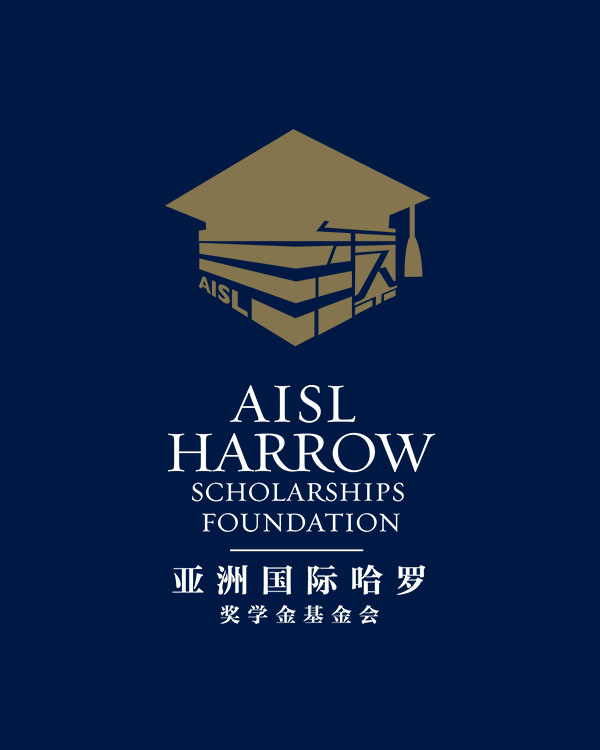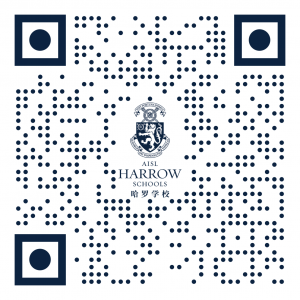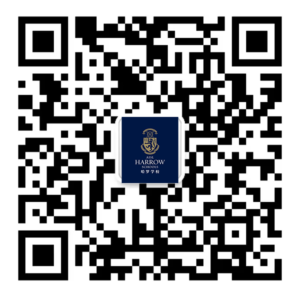In recent years, the integration of gamified elements into educational settings has gained traction as an innovative approach to enhancing student motivation and knowledge retention. Gamification, the application of game design principles in non-game contexts, offers a dynamic and interactive way to engage learners, tapping into intrinsic motivators that traditional teaching methods may struggle to activate. According to a study by Gartner, gamification can increase engagement by up to 60% and improve learning outcomes by up to 30%, highlighting its effectiveness in educational environments (Garter,2019). Gamification leverages elements such as points, badges, leaderboards, and progression systems to transform learning experiences into engaging activities that mimic the structure and dynamics of games. By introducing challenges, rewards, and a sense of accomplishment, gamified learning environments aim to capture and sustain a student’s attention using familiar methods, thereby fostering a more consistent level of engagement with lesson content.

ENHANCING STUDENT MOTIVATION
In December, AISL Harrow Hengqin launched its first Digital Citizenship Week. The theme was e-safety and responsible digital practice. Throughout this week, gamified learning was implemented using various resources, including Google’s ‘Become Internet Awesome’ curriculum, which features the game-based learning platform ‘Interland’.
Interland provides platform games similar to Super Mario, racing games, quizzes, and mazes, offering diverse opportunities for students to learn about online safety while having fun. By integrating gamified learning experiences, students were more actively engaged and retained key concepts about responsible digital citizenship.

CONSIDERATIONS FOR EFFECTIVE IMPLEMENTATION
Effective implementation of gamification in education requires careful consideration of several factors. Firstly, educators must align gamified activities with learning objectives and curriculum standards to ensure they support academic goals and promote meaningful learning outcomes.
Secondly, gamified systems should be intuitively designed and accessible to accommodate the varying needs of student cohorts. Clear instructions, consistent feedback, and appropriate scaffolding are crucial components of successful gamified learning environments. It is also important to consider the source of gamified learning platforms. Opting for resources from reputable educational brands like Google ensures that the construction of the gamified learning system adheres to the aforementioned key points.
Moreover, educators should balance intrinsic and extrinsic motivators within gamified activities. While rewards and incentives can enhance initial engagement, they should not overshadow the intrinsic value of learning itself. Emphasising mastery, autonomy, and purpose can help foster sustainable motivation that extends beyond external rewards.
Gamification in education offers a novel approach to enhancing student motivation and retention by leveraging the dynamic of games. By incorporating elements of challenge, achievement, and progression, gamified learning environments stimulate intrinsic motivation, promote active engagement, and improve knowledge retention.
However, effective implementation requires careful consideration of pedagogical goals, student needs, and design principles to ensure alignment with learning objectives and promote meaningful learning experiences. By striking a balance between intrinsic and extrinsic motivators and creating immersive, accessible learning environments, educators can harness the potential of gamification to empower students and foster a lifelong love of learning.
Source of Article:
This blog post is from Education Matters, Volume 1 – Issue 2, published by AISL Academy, p 56-59.
References
- Gartner. (2019). Gartner Says 80 Percent of Today’s Project Management Tasks Will Be Eliminated by 2030 as Artificial Intelligence Takes Over Routine Work. Retrieved from https://www.gartner.com/
- Entertainment Software Association (ESA). (2019). Essential Facts About the Computer and Video Game Industry. Retrieved from https://www.theesa.com/esa-research/essential-facts-about-the-computer-and-video-game-industry/







